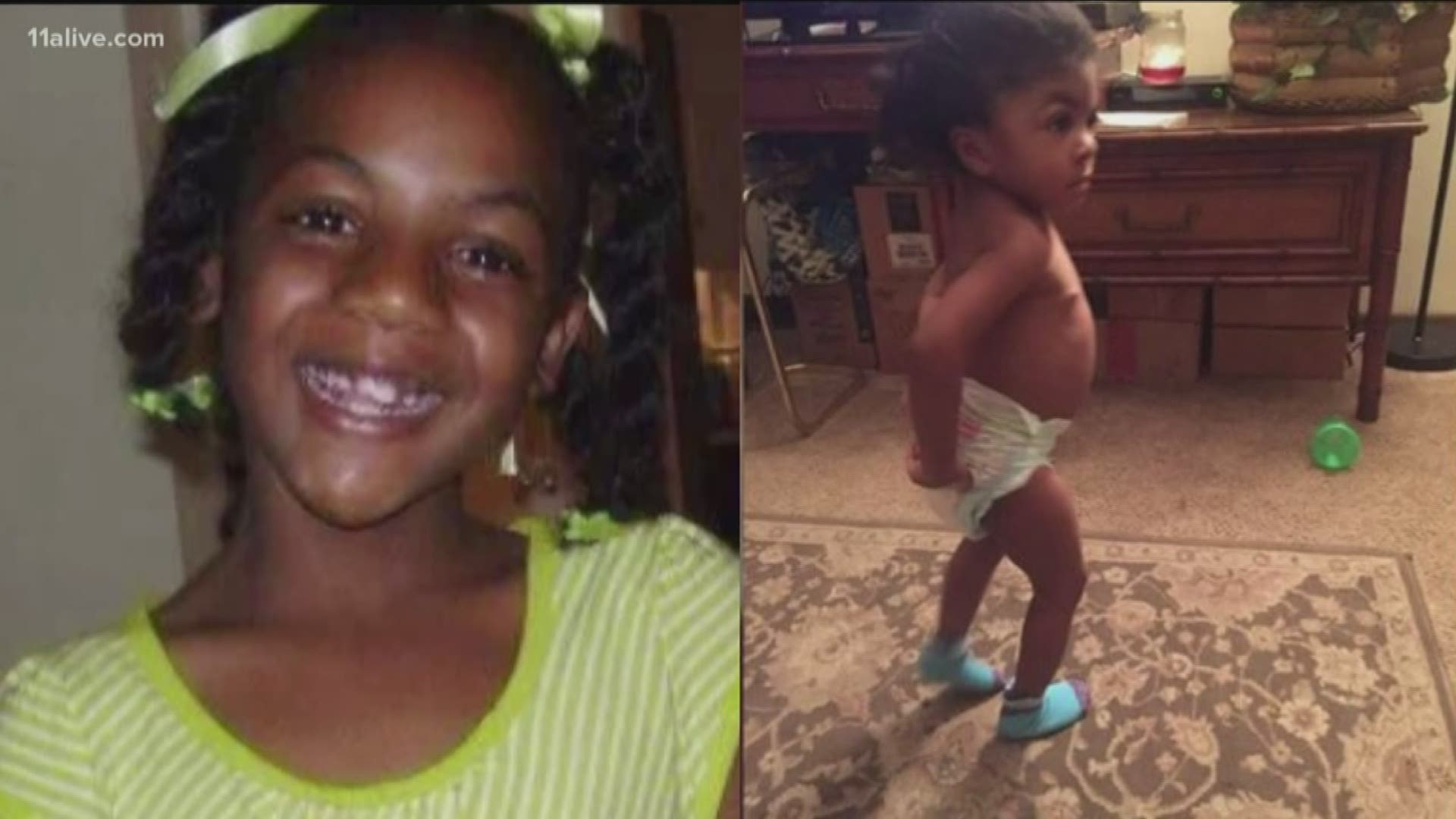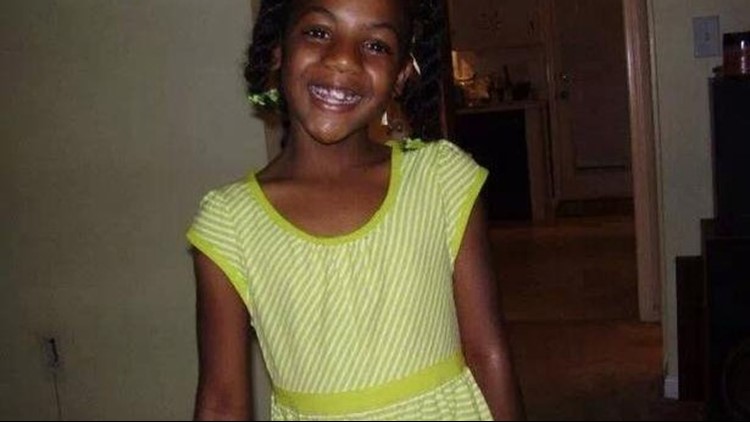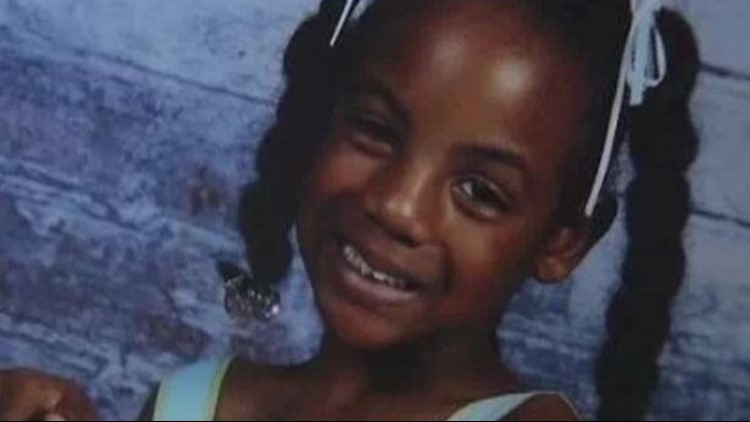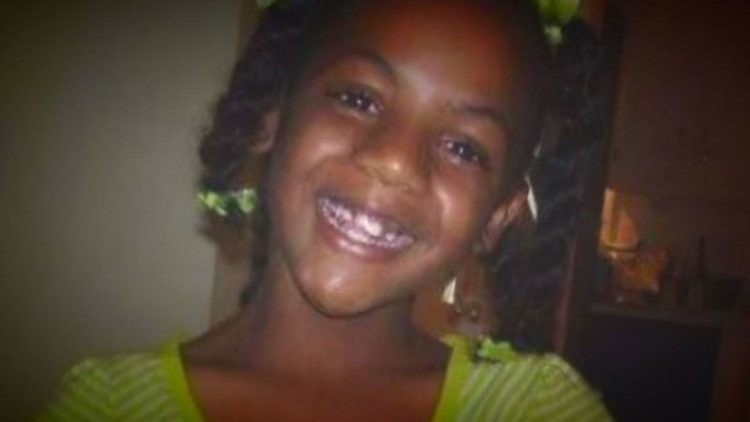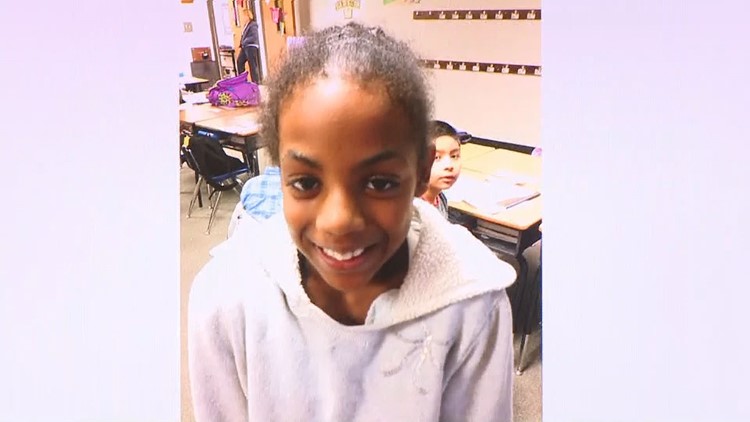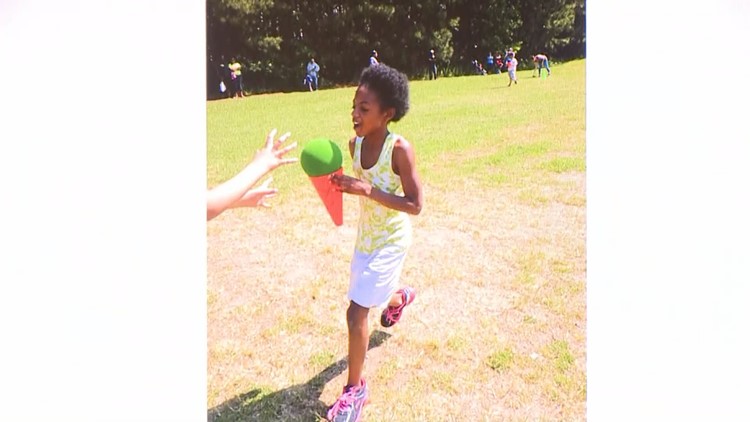ATLANTA — Tiffany Moss has been sentenced to death.
Moss was found guilty of killing her 10-year-old stepdaughter by starvation on Monday. Tuesday morning, the jury decided that she should be put to death.
The case once again sheds light on the Georgia Department of Family and Child Services, who at one point investigated four reports of alleged abuse of Emani Moss.
Emani’s grandmother, Robin Moss, filed a lawsuit against DFCS, accusing caseworkers of being aware of deteriorating conditions at the home.
The lawsuit, filed in 2018, states “A proper DFCS investigation more likely than not would have prevented Emani’s deprivation and murder.”
It’s not the first time DFCS has been sued after a child died of starvation or neglect, allegedly at the hands of a parent.
In 2014, Markea Berry’s family filed a wrongful death lawsuit against DFCS, stating they, too, could have prevented Markea from starving to death. The 16-year-old was described as “very thin” by a DFCS caseworker in 2009. Markea would died in 2012, and her mother Ebony, was convicted of her murder.
The Markea Berry lawsuit never went anywhere, and according to prosecutor Latonia Hines, lawsuits against the state-owned agency often get stuck in discovery. However, she explained the civil lawsuits aren’t enough, even if they found the department to be negligent.
“It may not be a judgement against them, as you want to see them actually change some policy,” Hines explained.
DFCS did change their policy after the death of Emani Moss. In 2016, the agency shifted their approach to sending a caseworker to virtually every case where a family member is accused of maltreatment.
Still, there remains instances of DFCS failing to follow-up on cases where a child would later die.
In 2018, Reygan Moon died due to neglect and malnutrition. The 2-year-old weighed 14 pounds and was found with no food in her stomach and feces in her hair. DFCS admitted there were “missed opportunities” in the case.
11Alive obtained the DFCS case file on Reygan Moon; the girl’s mother Devin was later charged with her murder. DFCS admits in its own files that Reygan's case was not fully assessed, and follow-up visits were not done, and less than a month before her third birthday, she was dead.
RELATED:
Just like the case of Emani, Reygan's grandmother and family tried to get custody of her but was denied.
Hines explained it’s, unfortunately, extremely difficult for grandparents or other family members to take custody of a child without support from DFCS or the juvenile court system.
“Because it requires someone to finally say these parents’ rights need to be terminated for this purpose,” Hines explained.
Aside from DFCS, Hines mentioned the abuse Emani Moss endured was easily hidden due to the fact she was homeschooling.
Emani Moss
In early 2019, after the deaths of two Effingham County children, a bill was introduced what would prohibit parents from removing children from public school without additional checks and balances.
HB 530, introduced by State Representative Bill Hitchens, would require school systems to review the attendance and disciplinary records and determine if there’s reasonable grounds to notify DFCS to conduct an investigation.
The bill was passed by the Georgia Senate and awaits the signature of Governor Brian Kemp.
MORE EMANI MOSS COVERAGE

